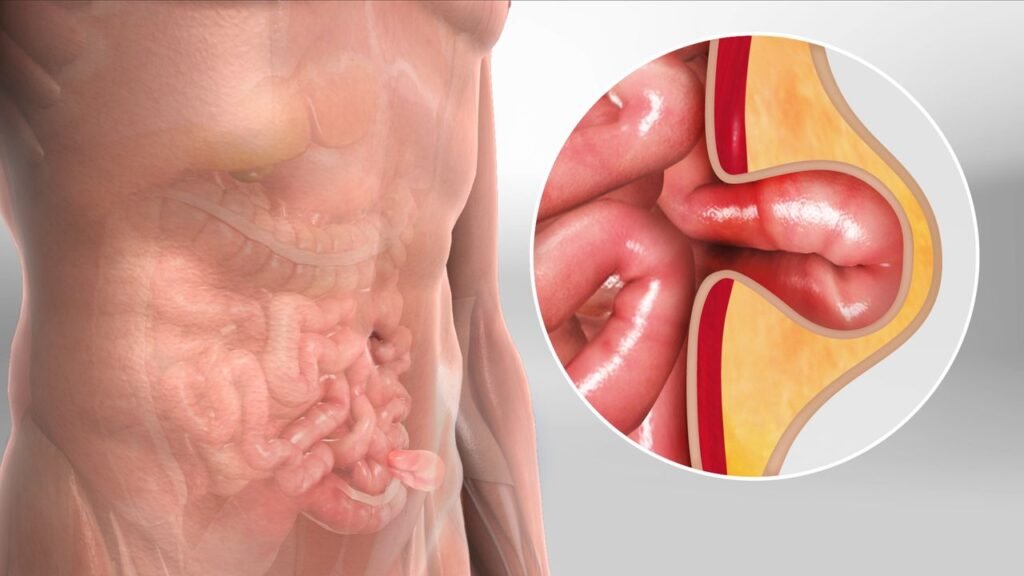
Surgery for Recurrent Hernia
Recurrent hernias can be more challenging to treat, and surgical repair is often required.
In this blog post, we will discuss recurrent hernia surgery, including what it is, how it is performed, and what to expect during recovery.
What is Recurrent Hernia Surgery?
Recurrent Hernia Surgery is a procedure performed when a hernia reoccurs after a previous surgery. Hernia recurrence can happen for various reasons, such as improper technique during the initial surgery, inadequate healing, or a failure of the mesh used to support the weakened tissue.
During recurrent hernia surgery, the surgeon will identify the cause of the recurrence and repair the hernia using a variety of techniques, including suturing the weakened tissue, reinforcing the area with mesh, or a combination of both.
How is Recurrent Hernia Surgery Performed?
Recurrent hernia surgery is typically performed under general anesthesia. The surgeon will make an incision at the site of the previous hernia repair in Open Approach, allowing them to access the area of the recurrence.
The surgeon will then carefully examine the area and identify the cause of the recurrence. If the previous mesh has failed, they will remove it and replace it with a new mesh. If the weakened tissue is the cause of the recurrence, the surgeon will suture it to strengthen the area. Once the repair is complete, the surgeon will close the incision with stitches or staples and cover it with a dressing.
What to Expect During Recovery?
Recovery from recurrent hernia surgery can take several days to weeks, depending on the extent of the surgery and the individual’s overall health. Immediately after the surgery, the patient will need to rest and avoid strenuous activity for several days.
Pain and discomfort are common after surgery and can be managed with over-the-counter pain medications or prescribed pain relievers. The patient may also experience swelling, bruising, or redness at the incision site.
The team will provide specific instructions on caring for the incision, including keeping it clean and dry and changing the dressing as needed. The patient will also need to avoid lifting heavy objects or participating in unaccustomed strenuous activities until cleared by the surgeon.
It is essential to follow the surgeon’s instructions carefully to ensure a smooth recovery and prevent further complications.
In conclusion, recurrent hernias can be a challenging condition to manage, but surgery is often an effective treatment option. Recurrent hernia surgery involves repairing the hernia site after a previous surgical repair has failed. The procedure is typically performed under general anesthesia, and recovery can take several weeks or months. It is essential to follow the surgeon’s instructions carefully to ensure a smooth recovery and prevent further complications.